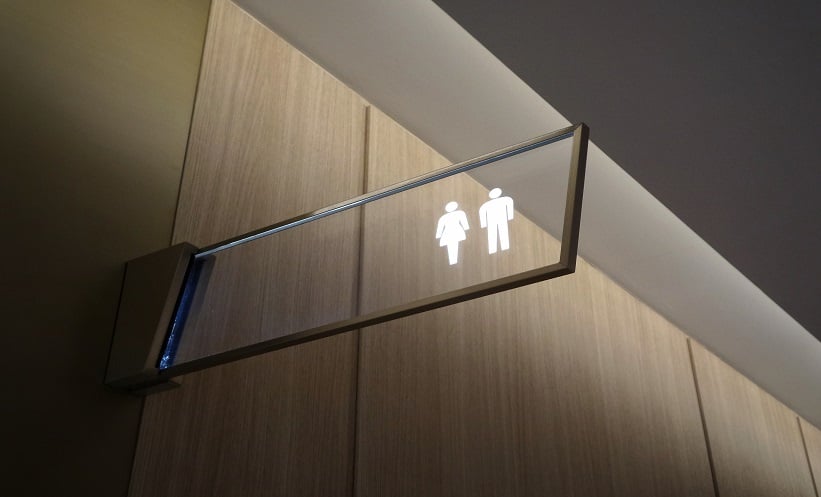PATIENTS hospitalised with COVID-19 have been found to experience long-term gastrointestinal symptoms and irritable bowel syndrome (IBS) with more frequency than non-infected control patients. A prospective study, carried out by the University of Bologna, Italy, has discovered that patients with a positive COVID-19 diagnosis had hard stools and lower rates of constipation, but higher rates of IBS 12 months post-infection.
Data was taken from 883 hospitalised patients in order to investigate the frequency of gastrointestinal symptoms, and the prevalence of disorders of gut-brain interaction following COVID-19 infection. The cohort included 269 patients with confirmed COVID-19 infection (mean age: 49.9 years; 40.1% female), and 269 controls (mean age: 50.9 years; 37.9% female). All participants were assessed for gastrointestinal symptoms, as well as anxiety and depression on admission and at 1-, 6-, and 12-month intervals following hospitalisation.
The study found those with COVID-19 more frequently reported gastrointestinal symptoms at enrolment when compared to the control group (59.3% versus 39.7%), which included diarrhoea (37.3% versus 9.4%), nausea (28.8% versus 12.6%), and loose stools (27.2% versus 7.9%); however, this group also reported a lower rate of hard stools (7.7% versus 12.7%). During the 12-month assessment, patients who had been infected with COVID-19 revealed lower rates of constipation (9.6% versus 16.0%) and hard stools (10.9% versus 17.7%), but were found to have higher rates of IBS (3.2% versus 0.5%). This cohort also had elevated rates of depression (3.4% versus 2.7%) and anxiety (4.5% versus 1.1%), as signposted by the Hospital Anxiety and Depression Scale (HADS).
In future, researchers are anticipating an increase in diagnoses connected to disorders of the gut-brain axis. Lead study author, Giovanni Marasco, University of Bologna, stated: “We know that the SARS-CoV-2 virus can also infect the gastrointestinal tract, and this confirms the possibility that COVID-19 can lead to the development of IBS. Traces of the coronavirus were indeed found in the small intestine even 6 months after infection. This leads us to believe that the prolonged state of inflammation and activation of the immune system may lead to the development of the gastrointestinal symptoms that were observed.”








